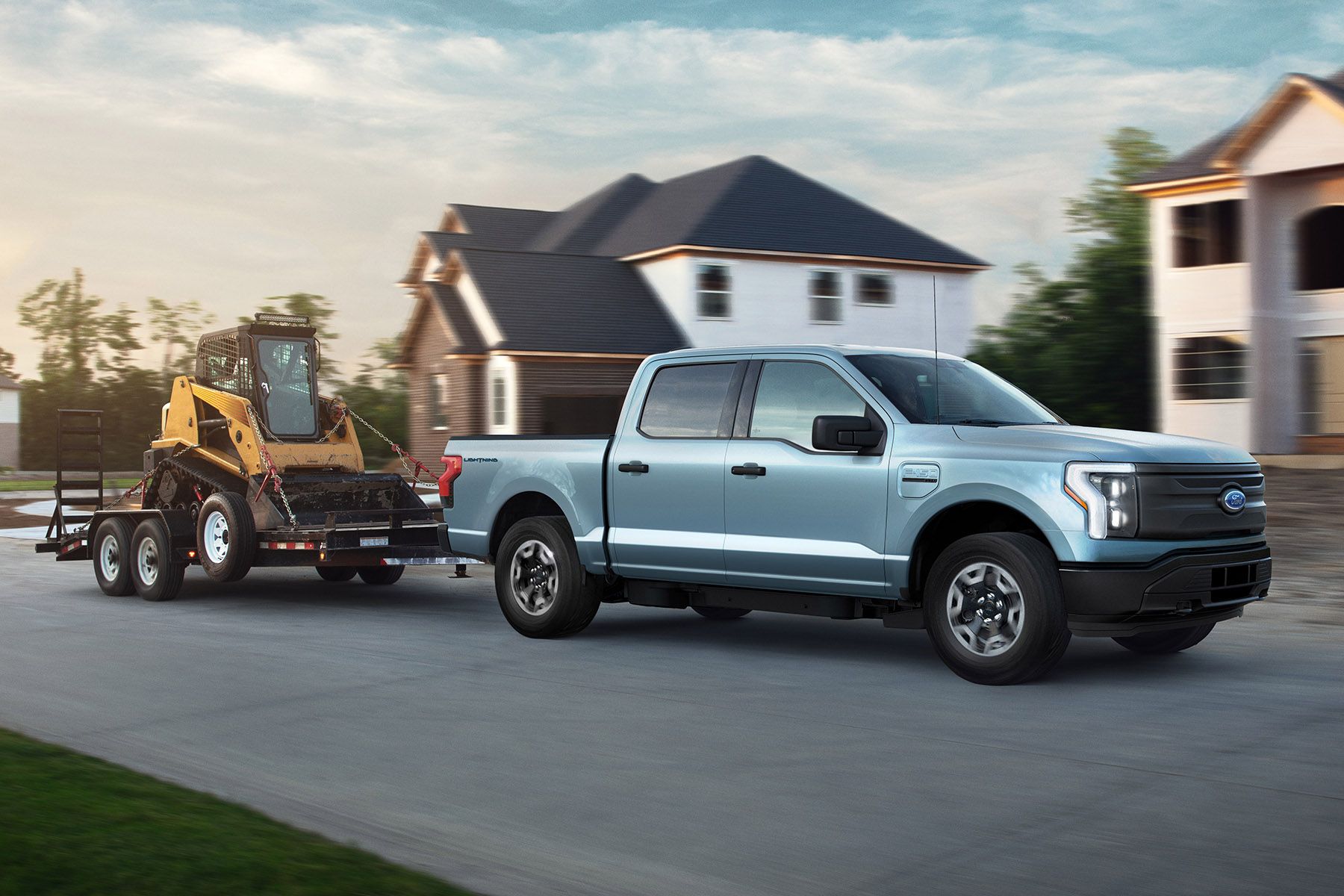Fire trucks do occasionally get refuelled in the field if they are used for a long time. Pretty rare in the scheme of things, however.
I can.see battery being quite OK for motive power, and as emergency vehicles spend a lot of time just idling on scene, an electric option would be attractive as there are no energy cost or emissions while they are stationary. I believe the duty cycle is fairly harsh as they operate from moderately cold starts - not a lot of warmup time. And pumping takes a lot of power.
A fire scene ends up with lots of water puddles. I wonder if running cables to gensets is all that practical, even as a plan b.
As noted, the vehicle Brampton bought is a hybrid. Perhaps having a diesel on board just for pumping is practical - its emissions, as a percentage of the overall fire emissions, is probably inconsequential. Certainly, the duty cycle leaves lots of time for recharging.
For construction vehicles that take nights off, a portable recharging station might be practical.
- Paul







